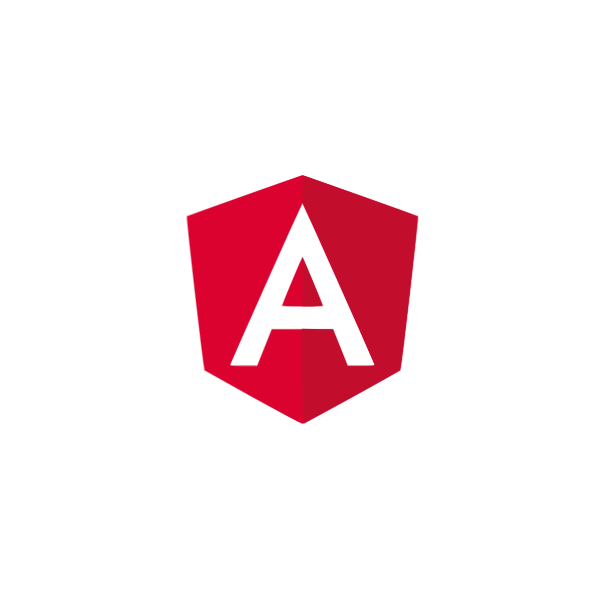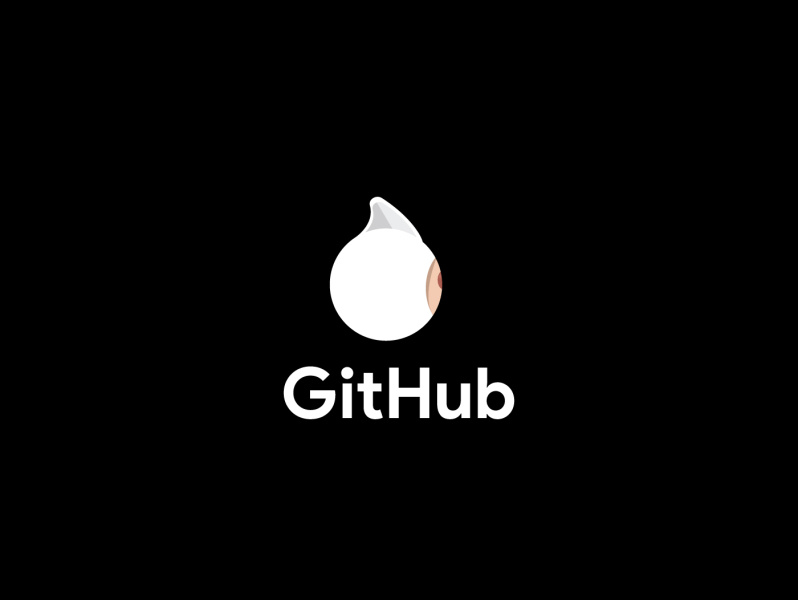Clostache
{{ mustache }} for Clojure.
Compliant with the Mustache spec since version 1.0. Supporting lambdas since version 1.1.
Works with Clojure 1.5 since version 1.5. If you want to use Clostache in Clojure 1.3 or 1.4 projects, use version 1.4. In Clojure 1.2 projects, use version 1.1.
Usage
The easiest way to use Clostache in your project is via Clojars.
Leiningen:
[de.ubercode.clostache/clostache "1.4.0"]
Maven:
<dependency>
<groupId>de.ubercode.clostache</groupId>
<artifactId>clostache</artifactId>
<version>1.4.0</version>
</dependency>
To install it via cljr, run:
cljr install de.ubercode.clostache/clostache
This is how you use Clostache:
(use 'clostache.parser)
(render "Hello, {{name}}!" {:name "Felix"})
You can render a resource from the classpath like this:
(use 'clostache.parser)
(render-resource "templates/hello.mustache" {:name "Michael"})
Each function supports an optional third argument, containing partials (see below).
Examples
Variable replacement
Variables are tags enclosed by two curly brackets (mustaches) and will be replaced with the respective data.
Template:
Hello, {{person}}!
Data:
{:person "World"}
Output:
Hello, World!
Escaped output
The following characters will be replaced with HTML entities:
&"<>. Tags that use three curly brackets or start with {{& will
not be escaped.
Template:
Escaped: {{html}}
Unescaped: {{{html}}}
Unescaped: {{&html}}
Data:
{:html "<h1>Hello, World!</h1>"}
Output:
Escaped: <h1>Hello, World!</h1>
Unescaped: <h1>Hello, World!</h1>
Unescaped: <h1>Hello, World!</h1>
Sections
Sections start with a tag beginning with {{# and end with one
beginning with {{/. Their content is only rendered if the data is
either the boolean value true, a value or a non-empty list.
Template:
{{#greet}}Hello, World!{{/greet}}
Data:
{:greet true}
Output:
Hello, World!
In case of a list, the section's content is rendered for each element, and it can contain tags refering to the elements.
Template:
<ul>
{{#people}}
<li>{{name}}</li>
{{/people}}
</ul>
Data:
{:people [{:name "Felix"} {:name "Jenny"}]}
Output:
<ul>
<li>Felix</li>
<li>Jenny</li>
</ul>
For single values, the section is rendered exactly once.
Template:
{{#greeting}}{{text}}!{{/greeting}}
Data:
{:greeting {:text "Hello, World"}}
Output:
Hello, World!
Inverted sections
Inverted sections start with a tag beginning with {{^ and end with one
beginning with {{/. Their content is only rendered if the data is
either the boolean value false or an empty list.
Template:
{{^ignore}}Hello, World!{{/ignore}}
Data:
{:ignore false}
Output:
Hello, World!
Comments
Comments are tags that begin with {{!. They will not be rendered.
Template:
<h2>Felix' section<h2>
{{! Look ma, I've written a section }}
Output:
<h2>Felix' section</h2>
Dotted names
Dotted names are a shorter and more convenient way of accessing nested variables or sections.
Template:
{{greeting.text}}
Data:
{:greeting {:text "Hello, World"}}
Output:
Hello, World
Implicit iterators
Implicit iterators allow you to iterate over a one dimensional list of elements.
Template:
<ul>
{{#names}}
<li>{{.}}</li>
{{/names}}
</ul>
Data:
{:names ["Felix" "Jenny"]}
Output:
<ul>
<li>Felix</li>
<li>Jenny</li>
</ul>
Partials
Partials allow you to include other templates (e.g. from separate files).
Template:
Hello{{>names}}!
Data:
{:people [{:name "Felix"} {:name "Jenny"}]}
Partials:
{:names "{{#people}}, {{name}}{{/people}}"}
Output:
Hello, Felix, Jenny!
Set delimiters
You don't have to use mustaches, you can change the delimiters to anything you like.
Template:
{{=<% %>=}}
Hello, <%name%>!
Data:
{:name "Felix"}
Output:
Hello, Felix!
Lambdas
You can also call functions from templates.
Template:
{{hello}}
{{#greet}}Felix{{/greet}}
Data:
{:hello "Hello, World!"}
{:greet #(str "Hello, " %)}
Output:
Hello, World!
Hello, Felix!
Functions can also render the text given to them if they need to do something more complicated.
Template:
"{{#people}}Hi {{#upper}}{{name}}{{/upper}}{{/people}}"
Data:
{:people [{:name "Felix"}]
:upper (fn [text]
(fn [render-fn]
(clojure.string/upper-case (render-fn text))))}
Output:
Hello FELIX
Development
Make sure you have Leiningen 2 installed.
To run the spec tests, fetch them like this:
git submodule update --init
And run them against all supported Clojure versions:
lein all test
License
Copyright (C) 2014 Felix H. Dahlke
This library is free software; you can redistribute it and/or modify it under the terms of the GNU Lesser General Public License as published by the Free Software Foundation; either version 2.1 of the License, or (at your option) any later version.
This library is distributed in the hope that it will be useful, but WITHOUT ANY WARRANTY; without even the implied warranty of MERCHANTABILITY or FITNESS FOR A PARTICULAR PURPOSE. See the GNU Lesser General Public License for more details.
You should have received a copy of the GNU Lesser General Public License along with this library; see the file COPYING. If not, write to the Free Software Foundation, Inc., 51 Franklin Street, Fifth Floor, Boston, MA 02110-1301 USA
Contributors


Made with ❤️
to provide resources in various ares.
















